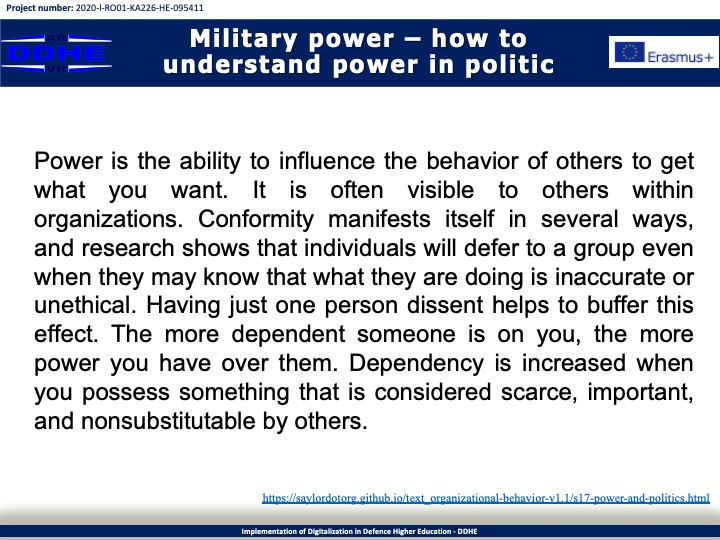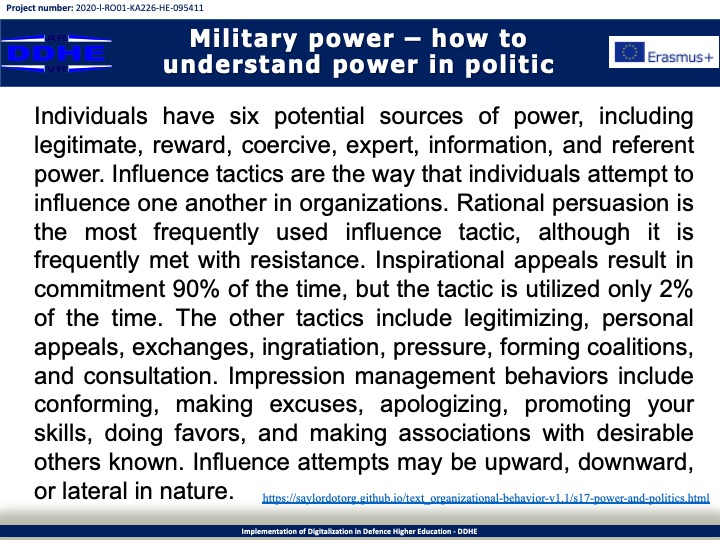
Positive and Negative Consequences of Power
The fact that we can see and succumb to power means that power has both positive and negative consequences. On one hand, powerful CEOs can align an entire organization to move together to achieve goals. Amazing philanthropists such as Paul Farmer, a doctor who brought hospitals, medicine, and doctors to remote Haiti, and Greg Mortenson, a mountaineer who founded the Central Asia Institute and built schools across Pakistan, draw on their own power to organize others toward lofty goals; they have changed the lives of thousands of individuals in countries around the world for the better.
Kidder, T. (2004). Mountains beyond mountains: The quest of Dr. Paul Farmer, a man who would cure the world. New York: Random House; Mortenson, G., & Relin, D. O. (2006).
On the other hand, autocracy can destroy companies and countries alike. One reason that power can be so easily abused is because individuals are often quick to conform. To understand this relationship better, we will examine three famous researchers who studied conformity in a variety of contexts.

Treść jest rozpowszechniana na licencji Pewne Prawa Zastrzeżone Uznanie Autorstwa Na Tych Samych Warunkach 4.0